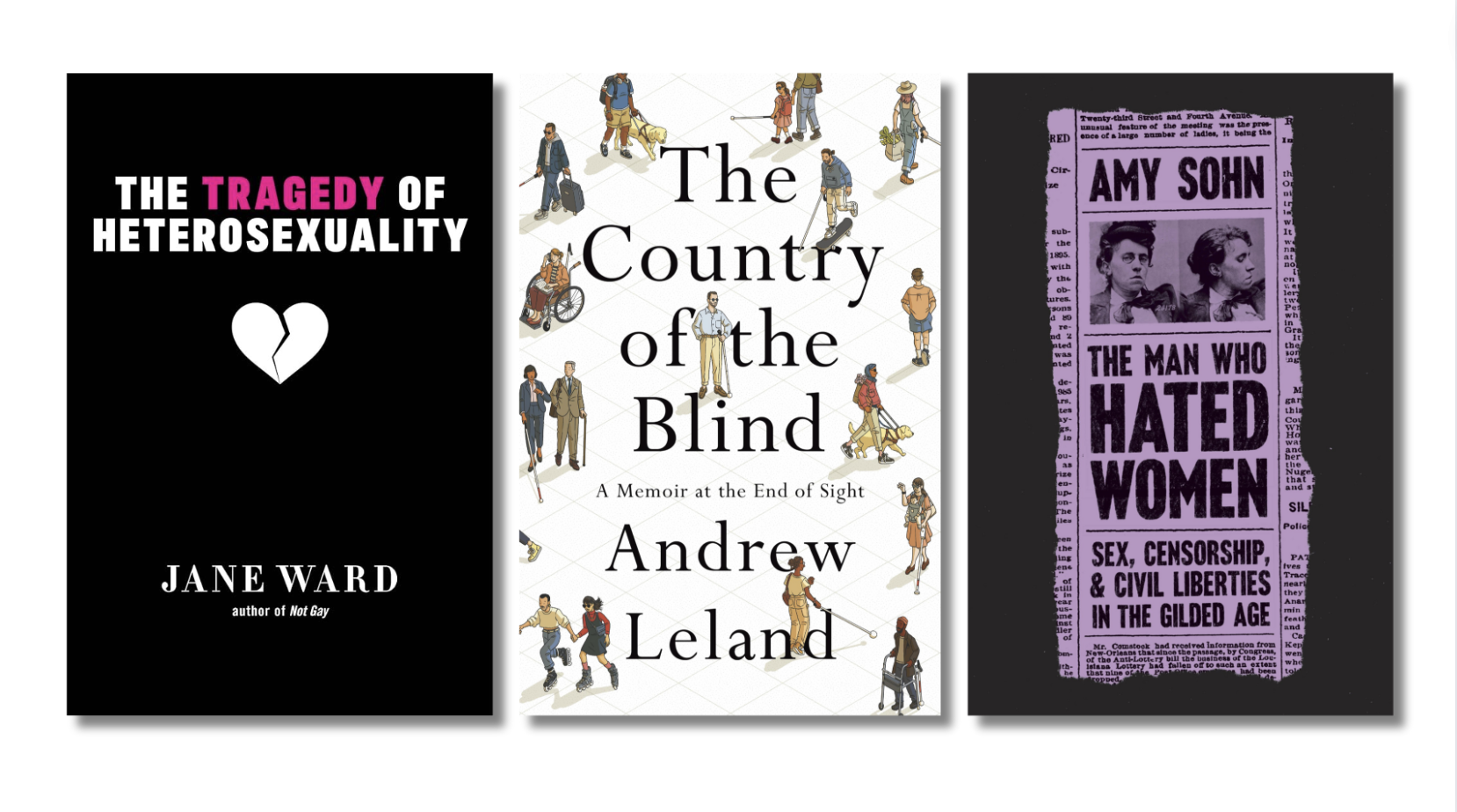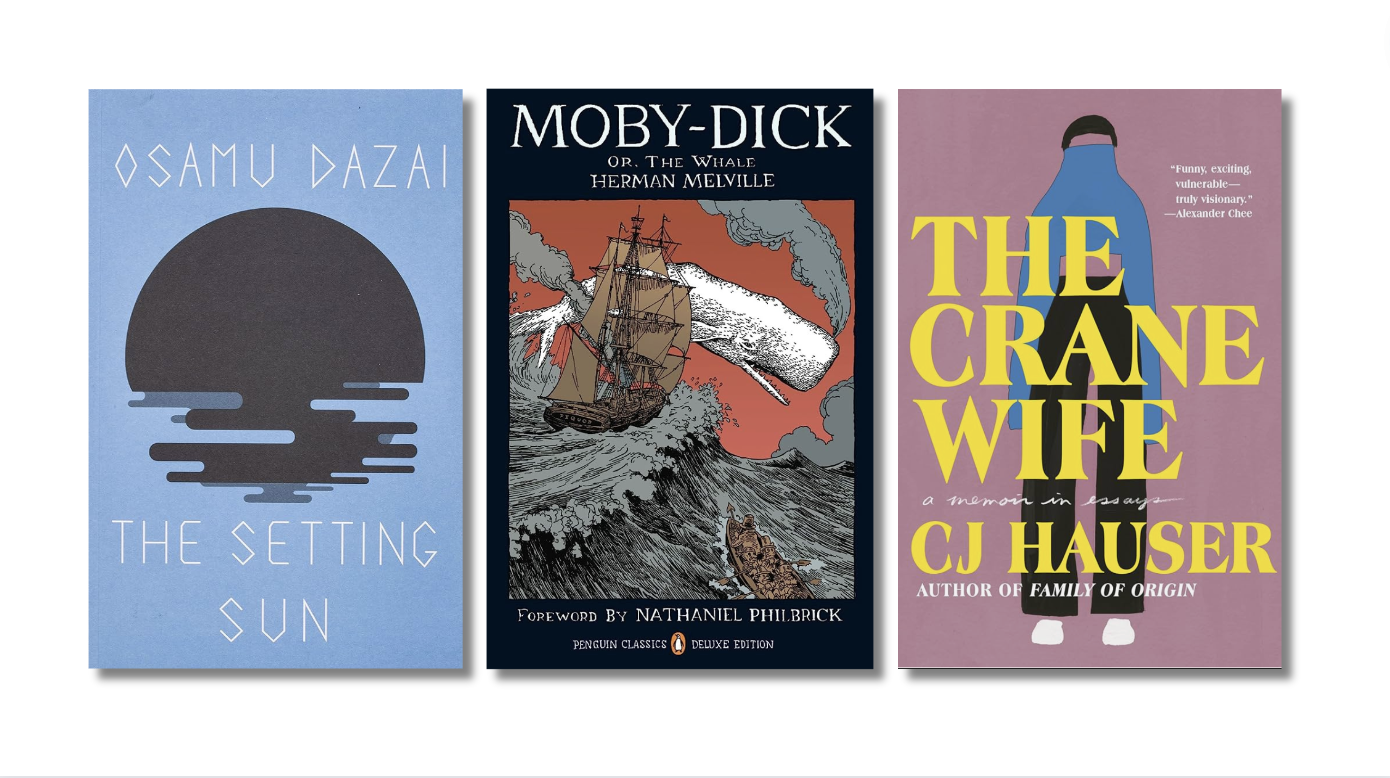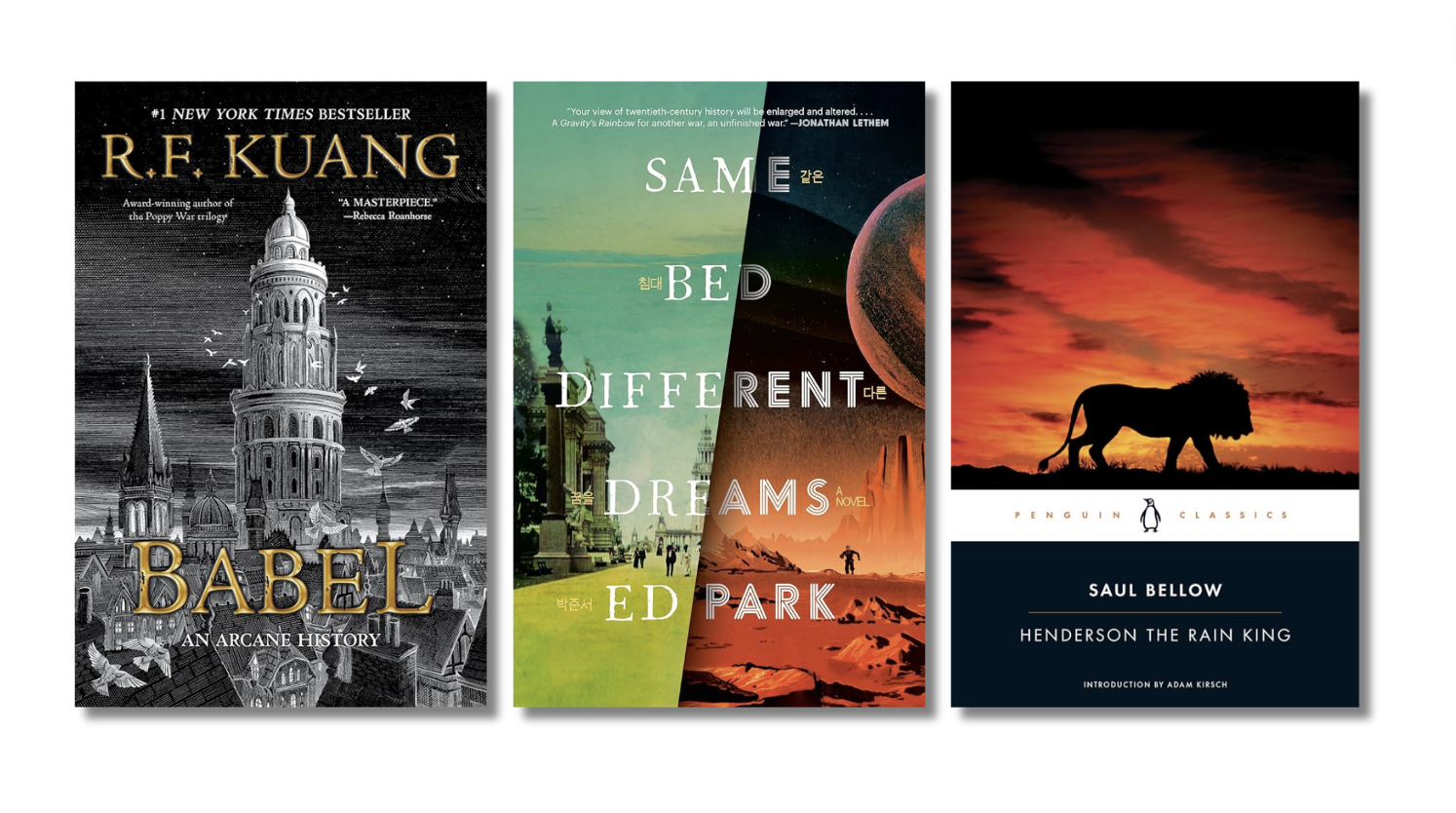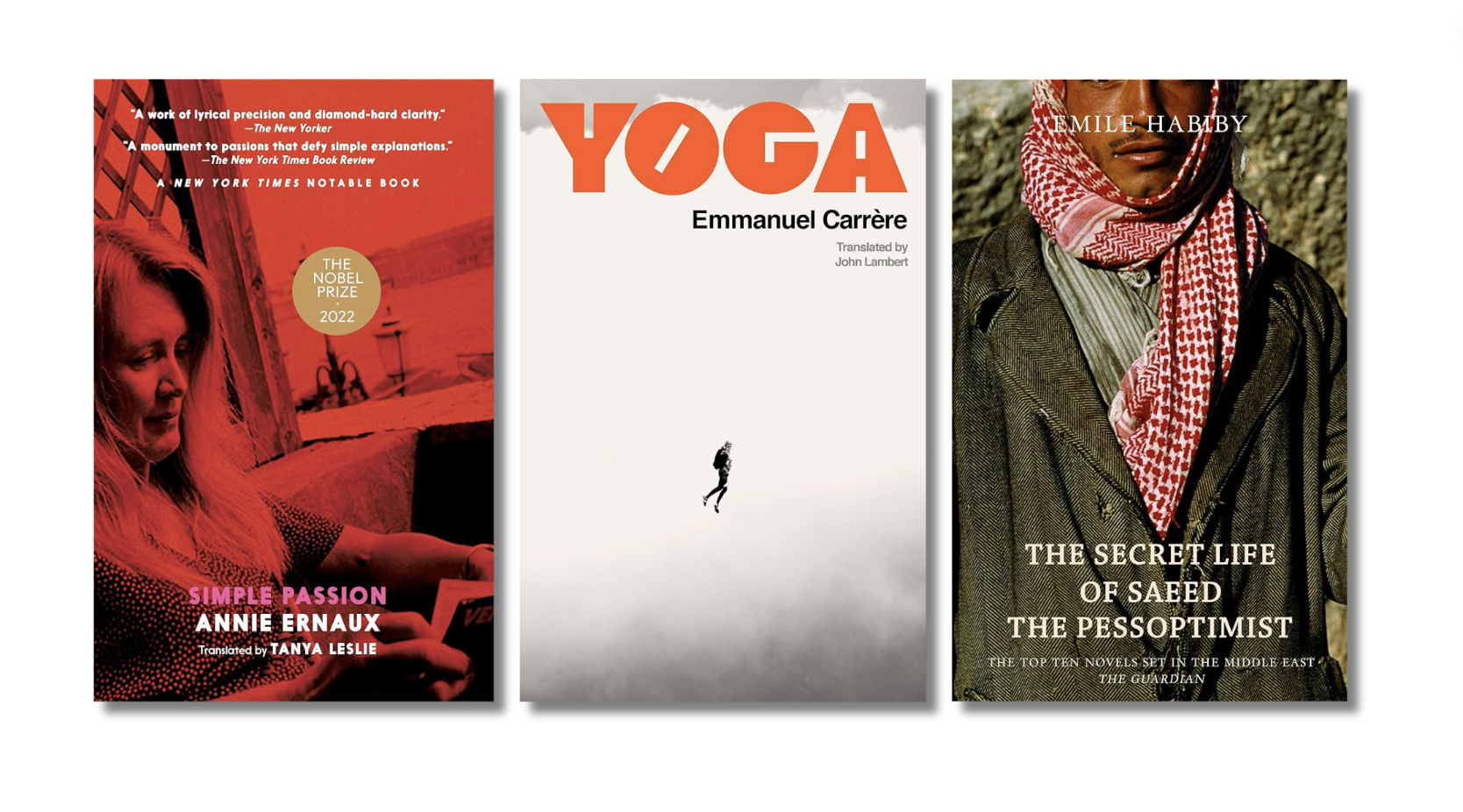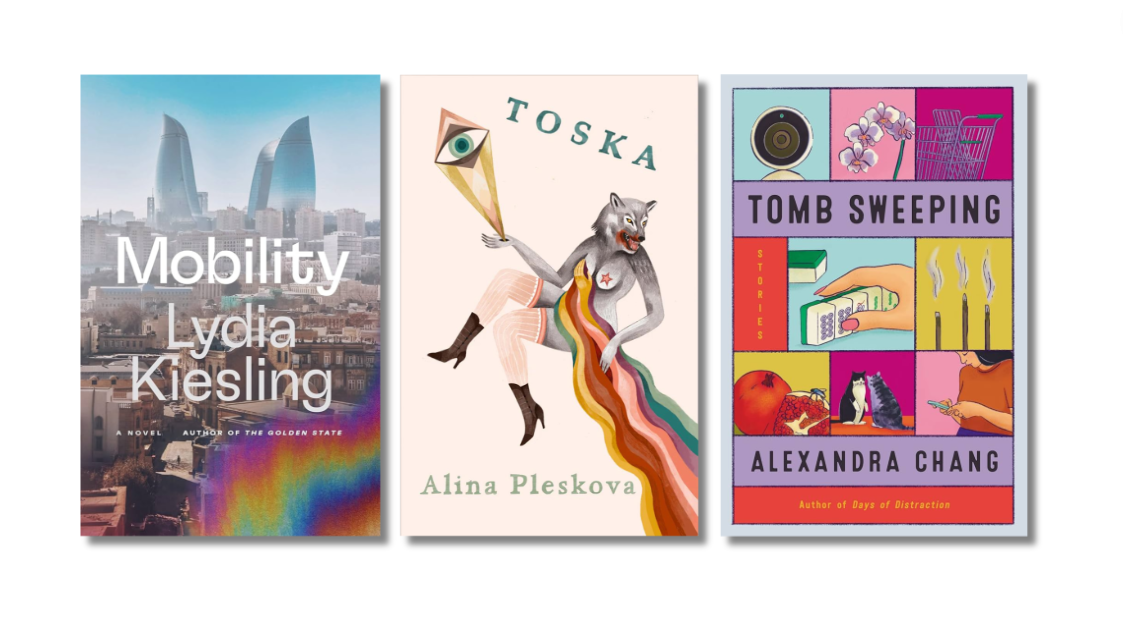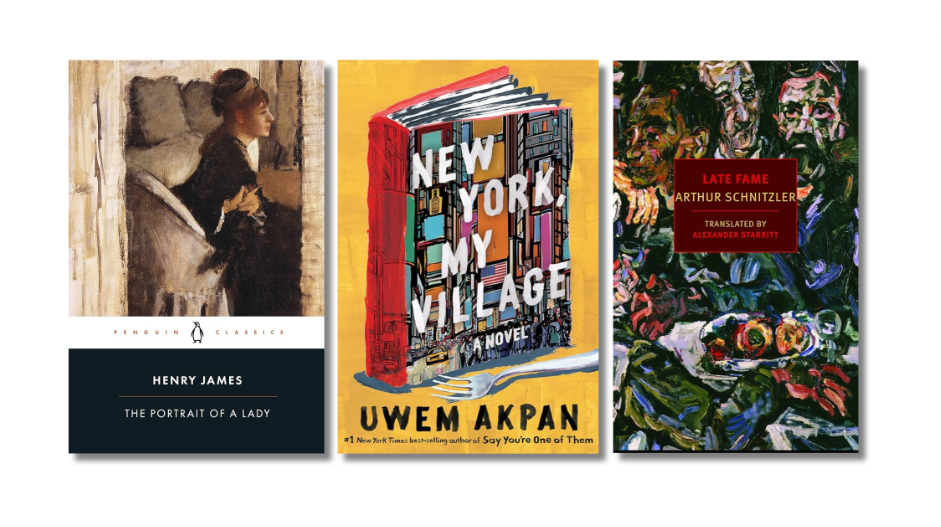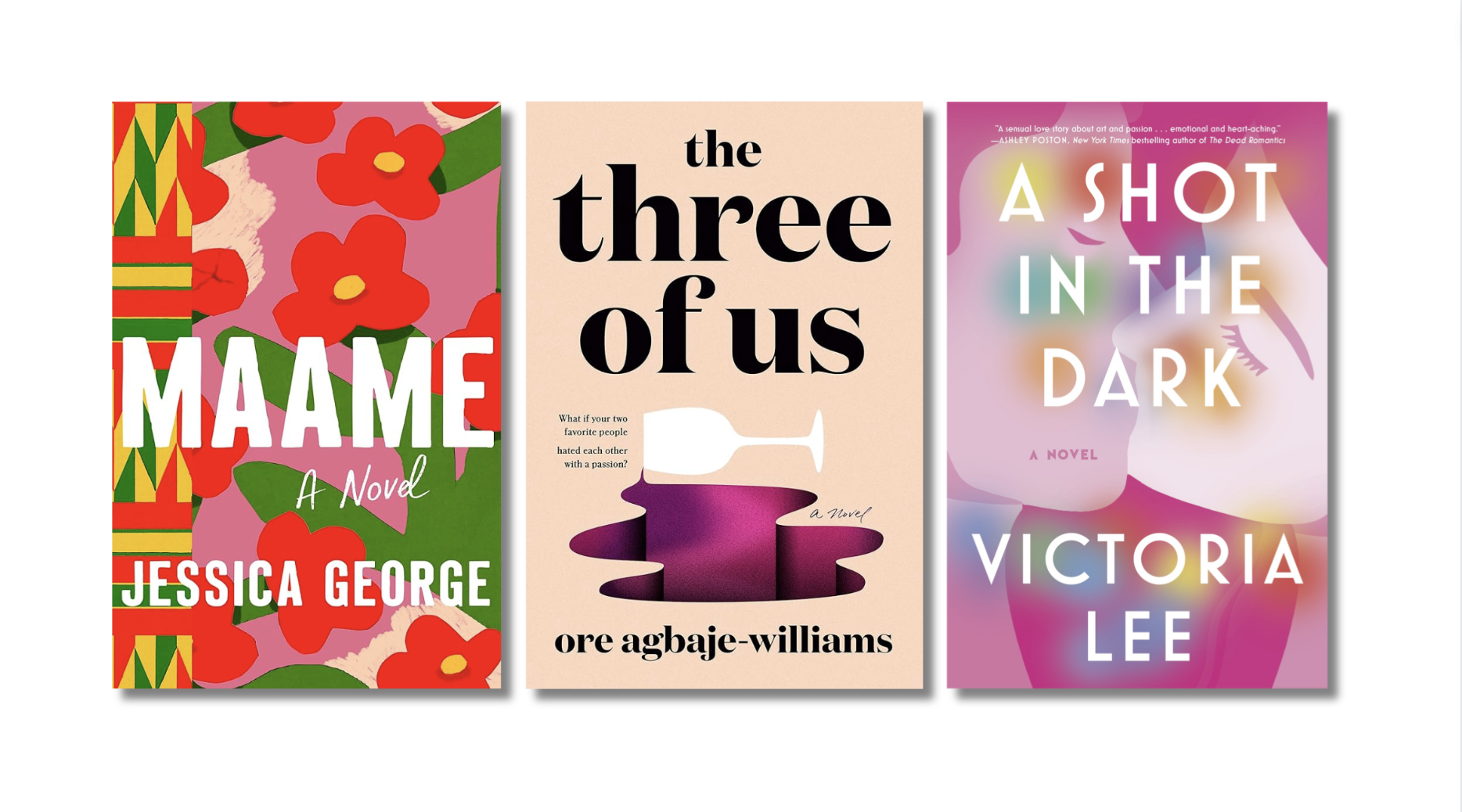Standing athwart the evident passage of a year, shuddering, “No.” Never have I claimed to be well-read; I exhibit reading behavior. Taking honest account of it feels akin to my book of the year 2017, Alissa Nutting’s “Grub Street Diet,” wherein she wrote, “I like texture more than flavor.”
Because I tend to read what’s in the vending machine. At the end of this Year in Reading installment I will award the 2018 Achievement in Vended Prose from among these ruffles, puddings, and cool, ranch-flavored corn crunches: Ronan Farrow and Jane Mayer; KellyMom and Lucie’s List; the indistinct voice of Maggie Haberman and coauthor; half a dozen servings of sportswriting for my health; “TFW” Patricia Lockwood has been assigned a review; “Russian meddling”; Rotten Tomatoes audience reviews for “research”; Babycenter’s “My Baby This Week” emails, a little on the nose; NYT’s “Sunday Routine” or, “Roast a chicken to graze on for the rest of the week—what’s wrong with you?”; Janet Malcolm and “SJW garbage”; Zadie Smith and r/Relationships (where peevish 21Ms ask nicely that their girlfriends lose weight); tweets urging newspapers to use the word “lie” in their headlines; Elif Batuman’s “Japan’s Rent-a-Family Industry” as read aloud by my mom; the epic of heterosexuality that is Allison Benedikt and John Cook’s entry in “Our One Fight”; buzz for A Star Is Born so I’d know just how seriously I was supposed to take it when I went to see it alone.
I read about unaffordable cities and segregated schools, every time. Because it’s up to us not to want what we want.
A Year in Words Mattering
“Words matter,” it is said tragically, because of the damage they can do even when strung together incompetently. Words matter because people believe them. I believed Caitlin Flanagan’s “I Believe Her.” And Jia Tolentino on the front lines of male anxiety: “He would ask me if I didn’t think it was dangerous to lump all these things together, and I would try to find the words to say that the fear of things being lumped together does more to lump them together than all the speaking up.”
But if words matter in that good writing still affords deep human pleasures, this was the year of the Taffy Brodesser-Akner profile. On Goop, GP in the flesh, and the price of feeling improved: “We are doomed to aspire for the rest of our lives. Aspiration is suffering. Wellness is suffering.”
(Pause.) The nominee in the category of Words Mattering: Sarah Miller’s “The Movie Assassin.” Clip:
Everyone talks about the country falling apart in November 2016, but maybe it fell apart in November 1996, when America went to see The English Patient. What if we had all turned to each other and said, “This garbage is our idea of rave-worthy cinema? Anyone else see a big problem here?”, and then there had been a massive riot?
This “butterfly flaps its wings” scenario differs significantly from the one about the housing bust, fentanyl, and the alt-right because it imagines instead street riots over the critical consensus regarding Minghella’s Best Picture winner. And yet I found it plausible: to pinpoint a time when the culture fell out of its delicate balance; when it stopped being serious, and at the same time, lost its sense of humor. Does the edgy joke overtake the country in a timeline that includes the English Patient Riots of ’96? I don’t think so.
A Year in Nothing Mattering
Here’s the thing: I read what you read. I read apologies. I read testimonials and denials. I read evenhanded appraisals, self-congratulations, and baseless claims. I read the takes and the takes read me. So I can’t be alone here: I hate reading anything about Trump; I hate reading anything that doesn’t take place in a world where the giant novelty scarecrow came to life, outperformed polling in the upper Midwest, and governed on white identity. My loyalties lie with a presiding anguish. Traister, Cobb, M. Gessen, Bouie—I regret to inform you that what cannot be allowed to stand, stands.
I read all criticisms of Facebook, rooting for the articles to break through the supposedly salient issue of digital “privacy,” as if, in the end, small fighters could fly preposterously to a central engine and destroy it. I read a tweet about the privilege of deleting Facebook (practically synonymous with Internet access in some countries) approximately 15 seconds before news of its role in the murderous expulsion of the Rohingya in Myanmar. I’ve thought about it every day since.
At times, reading felt like perpetual debate prep. Bari Weiss’s “Meet the Renegades of the Intellectual Dark Web”—you read it, I read it, we looked upon our friends who had not read it with envy and then resentment—the arrogance! To make us read it for them! (To salvage that rare good tire out of the tire fire, try Amia Srinivasan, “Does anyone have the right to sex?”) We tend to think of reading as exemplary, enriching. What is the opposite of that? 2018 was a banner year in abject reading—hostile, morbid, “social.”
I tried and failed to not read amorphous content by those dedicated to the defeat of people like me in rhetorical combat. Day and night they worked to flatten us in the post-lecture-Q&A-session-before-the-raucous-university-audience of their minds. I take it that I find there to be no biological differences between women, men, squid, and cauliflower; I want to repeal the first amendment; I am unable to disagree in a civil manner. And if you believe that, Reader, fuck you.
There is no nomination in the category of Nothing Mattering. Nobody deserved one.
A Year in Making Certain That an Infant Is Breathing
“The cube is fun for everyone,” sings the cube. The cube’s fine reviews did not mention the sounds it made.
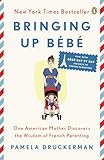 However problematic it may be to lay my incapacity at the feet of an infant, I have found it difficult to read and work. (I didn’t get into Knausgård—this is not a defense of the wage gap.) Little known to the unparenting, those manuals one promises themselves that they’ll read in dire preparation for what otherwise, it is said, cannot be prepared for, are virtually unreadable lists of number-ranges in reference to behaviors and bodily functions in the zero to six rough months at the start. Even now I am left with the feeling that I did not read what I had to, only what I could: the Boards, over-the-shoulder Slack, the newsletters (Laura Owen’s I’ll Be Right Back, Emily Gould’s Can’t Complain), and Bringing Up Bébé, the only parenting book to make an argument (the galling superiority of the French style. “Le Pause,” I say to the baby. “I have spit up,” he says, or more precisely, does not say).
However problematic it may be to lay my incapacity at the feet of an infant, I have found it difficult to read and work. (I didn’t get into Knausgård—this is not a defense of the wage gap.) Little known to the unparenting, those manuals one promises themselves that they’ll read in dire preparation for what otherwise, it is said, cannot be prepared for, are virtually unreadable lists of number-ranges in reference to behaviors and bodily functions in the zero to six rough months at the start. Even now I am left with the feeling that I did not read what I had to, only what I could: the Boards, over-the-shoulder Slack, the newsletters (Laura Owen’s I’ll Be Right Back, Emily Gould’s Can’t Complain), and Bringing Up Bébé, the only parenting book to make an argument (the galling superiority of the French style. “Le Pause,” I say to the baby. “I have spit up,” he says, or more precisely, does not say).
For advice on gender roles in parenting, Rachel Cusk, Aftermath: “My notion was that we would live together as two hybrids, each of us half male and half female.” Sure, I’m there. On the spiritual logic of procreation, the great and generally acute Heather Havrilesky: “Have a baby. Then have another baby!”
Parents themselves I like. In their own way, they keep pace with troubled times. I see them everywhere, their progeny swathed in Big Muslin and reclined in Uppababys, and I try to respect and dignify them, as I would anyone who publicly admitted to a willful mistake.
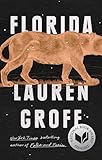
 An honorable mention for first story, first sentence, goes to Lauren Groff’s Florida: “I have somehow become a woman who yells…” But the nominee in the category of Making Certain That an Infant Is Breathing is Meaghan O’Connell, And Now We Have Everything. Clip: “For the first few weeks I was always expecting to catch the baby, somehow, mid-death.”
An honorable mention for first story, first sentence, goes to Lauren Groff’s Florida: “I have somehow become a woman who yells…” But the nominee in the category of Making Certain That an Infant Is Breathing is Meaghan O’Connell, And Now We Have Everything. Clip: “For the first few weeks I was always expecting to catch the baby, somehow, mid-death.”
The lights are off; it is hard to tell.
A Year in Reading IRL
The sheer scale of the irony of the Internet! The techno-polymorphic way forward turned out to multiply our envy, streamline our anger, tease our anxiety, and make an independent sense of value—the very sense one would have to have to ably exist with the Internet and within it—seem like snobbery or, what’s worse, performative contrarianism. We know for sure that our reading habits, books culture, and journalism literary and otherwise were upended by five companies that gave no aforethought to what it might do other than earn them market share, but the distinct effects of this gerrymandering our minds is an open question.
My wife and I “read the Internet,” which is a casual way of saying we barely read anything about everything. My wife would read the Internet while nursing. I would read the internet in line at Trader Joe’s, where I am able to go on civil weekday afternoons to buy eggs and rolled oats and some other bullshit. Or is it that we read everything about nothing? Before the baby was born I read all day, but didn’t have much to say about it save for an over-cultivated sense of what other uncompromising people would have to say. We were never right about anything, but what chance did we have? The technological distillation of both reading and writing is pressing again and again that button that says we’re just as different as everyone else.
But late at night, in the lulls between tragedy and farce, the writers do their affirmations; that genres other than Speculative Mueller are not only viable but necessary: Fiction! The post–personal essay! I must confess that I find these songs of relevance to be well-meant but off the mark. There is no principle that makes writing essential to the reader. Truly necessary writing is defined by scarcity, anomaly. At the same time, I don’t mean to lionize “failure,” now a euphemism describing a kind of moxie-building pre-success. It’s just that a piece of writing almost never works.
It is not as though culture cannot continue now that children have been caged, but if form and subject matter have narrowed for writers as their readers’ moral imaginations are strained to a breaking point, then so be it. There is no accounting for the era that does not find the culture diminished. This is going badly for all of us.
So badly indeed that it is with a renewed sense of unexpectedness that we find the culture alive and well. My 2018 Year in Reading Award goes to Caity Weaver, taking it upon herself to personally taste-test one of four new flavors of Diet Coke, Diet Coke Feisty Cherry:
A better name for this drink would be “Diet Coke Psychotically Violent Cherry.” After sitting open for hours, the potency of the feisty black pepper flavor diminished not one iota. It is sobering to sip a soda and realize while every day I inch closer toward death, the soda is only growing stronger, smarter, and more powerful.
Hearing so often as of late that words matter, one could get the impression that they don’t. But what if they did, to anyone or anything? If words are to matter, our problems only deepen. Words mattering is the problem. The language will never achieve wellness. If anything, the present moment has made plain our insufficient disillusionment; it is not now, nor has it ever been the case that if words mattered, there’d be nothing left to do but tell the truth.
More from A Year in Reading 2018
Don’t miss: A Year in Reading 2017, 2016, 2015, 2014, 2013, 2012, 2011, 2010, 2009, 2008, 2007, 2006, 2005





